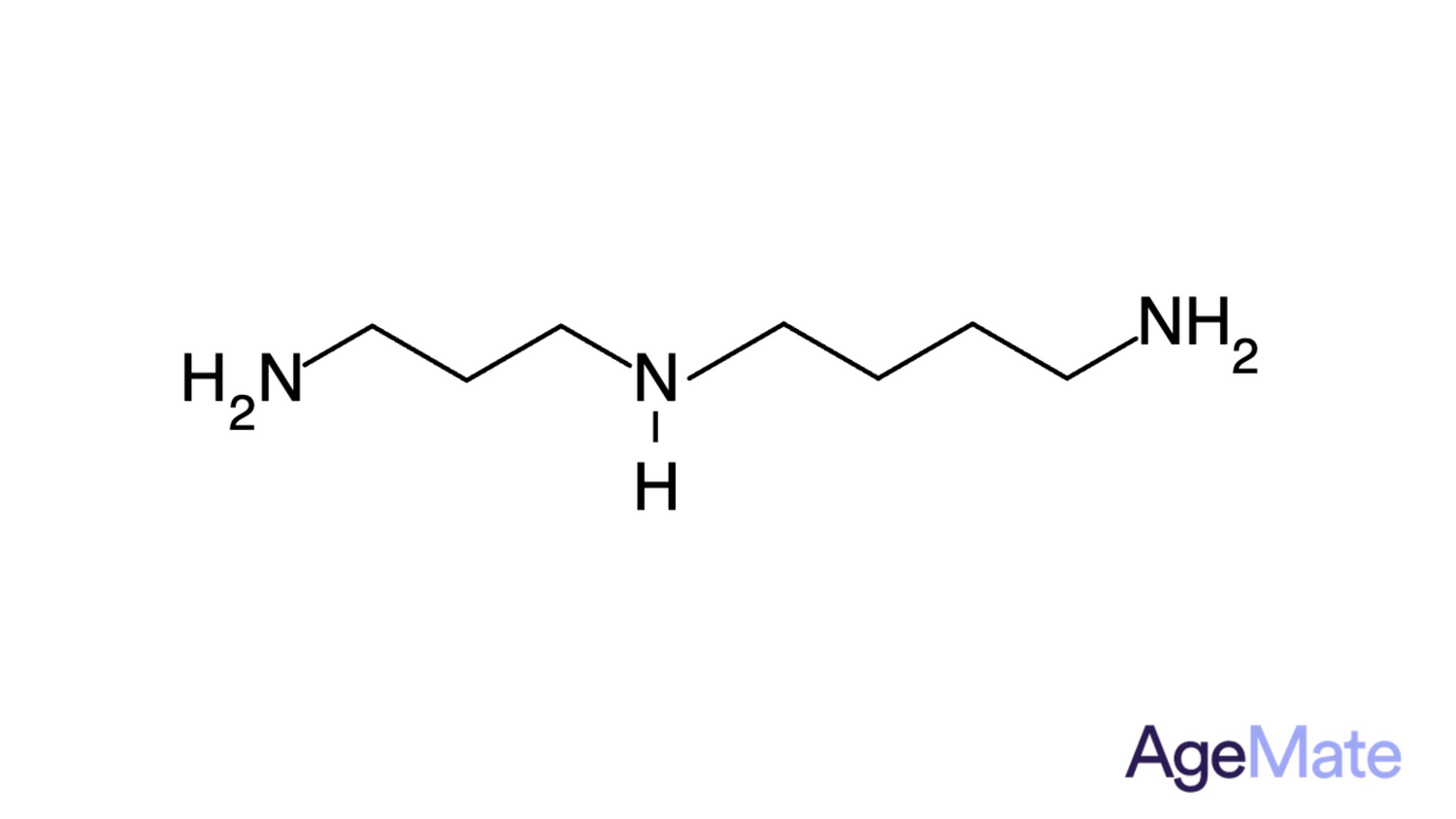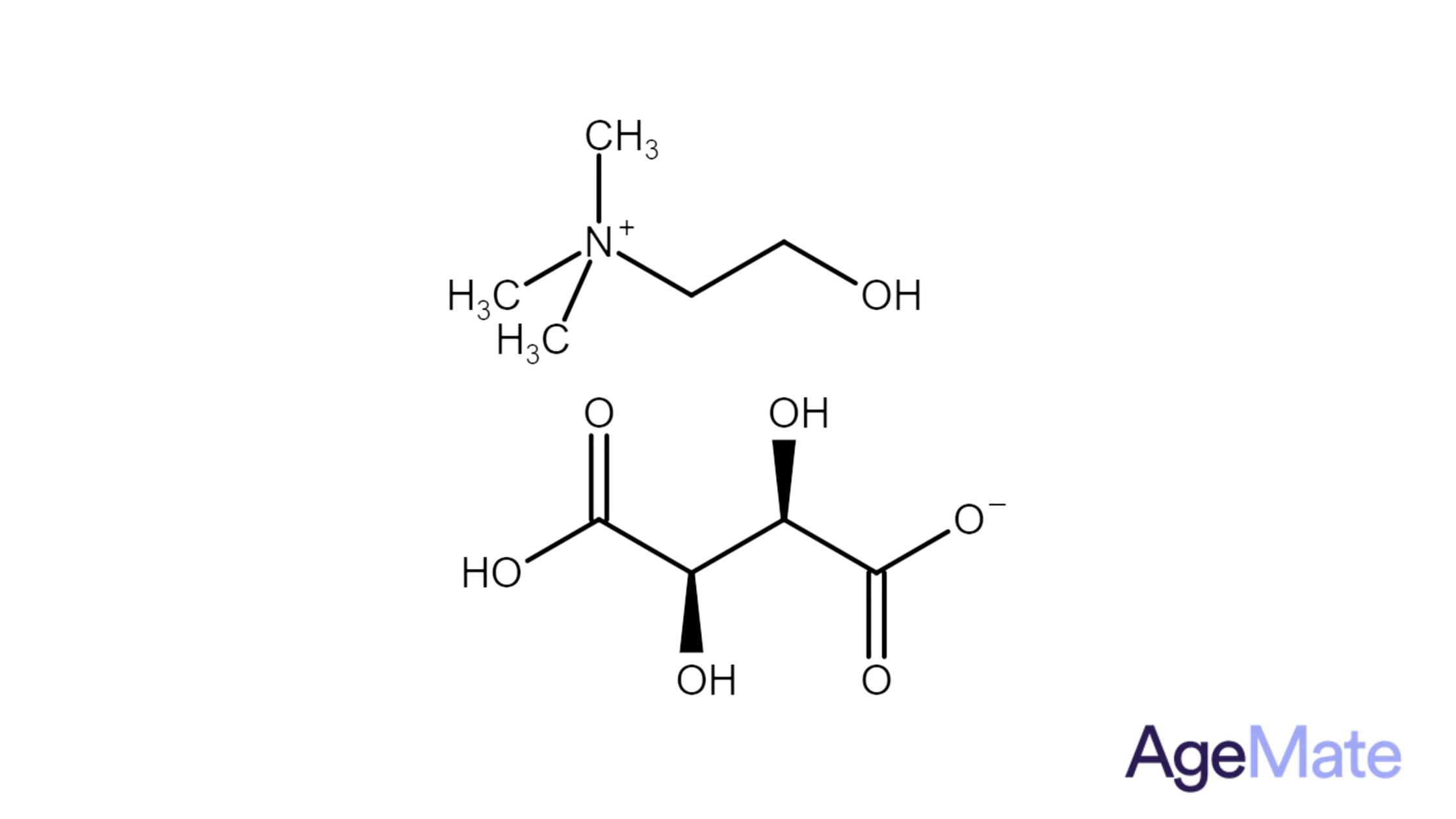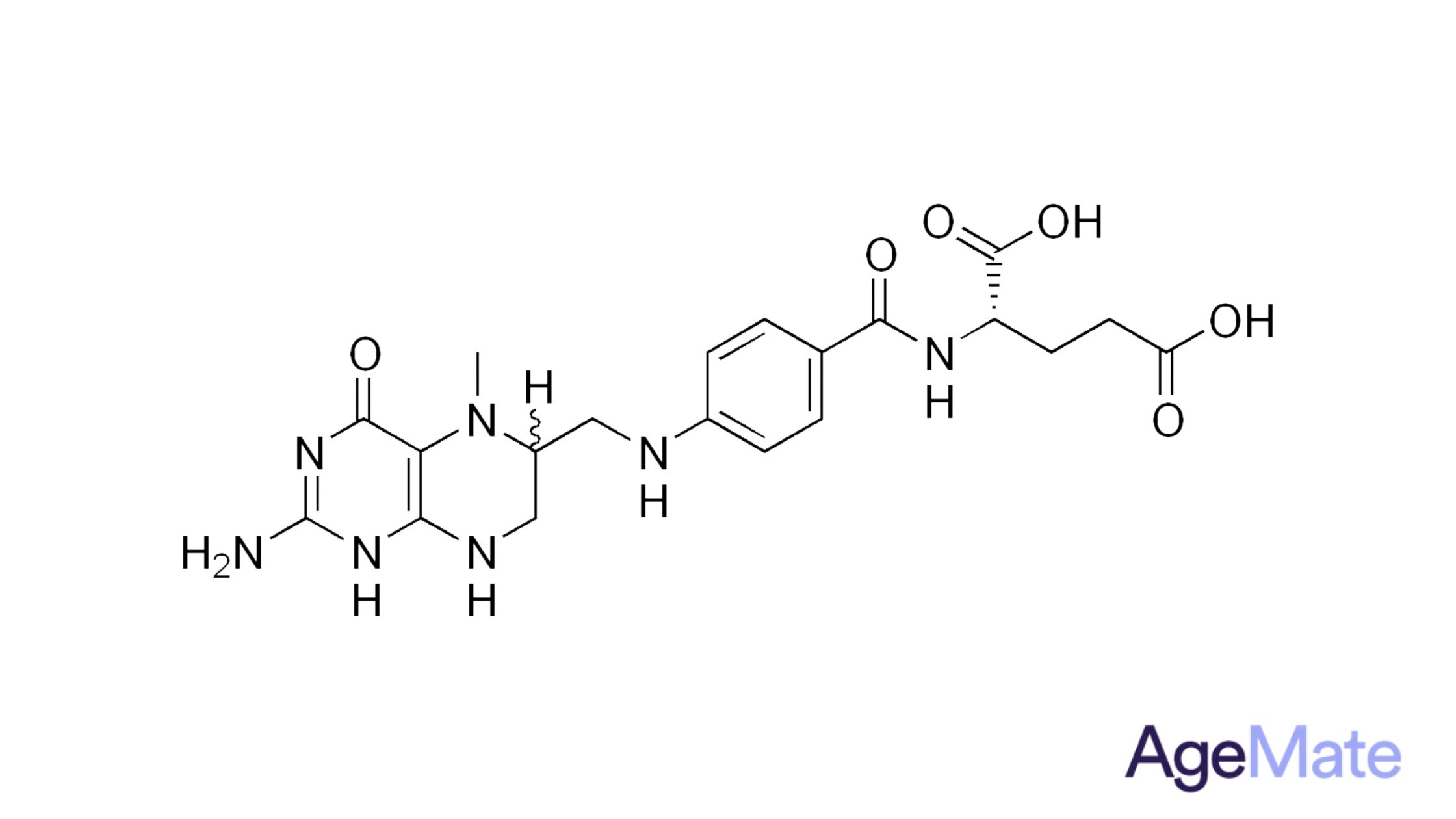Summary
|
|
What is Spermidine?
Spermidine is a polyamine compound pivotal for cellular function and growth. It is found in small quantities in various dietary sources like aged cheese, mushrooms, soy products, and whole grains.
Spermidine's role in promoting autophagy is central to its anti-aging effects. By enhancing this cellular recycling process, spermidine maintains cellular health, potentially delaying the onset of age-related cellular dysfunction (R).
Spermidine’s Impact on Aging
Oral spermidine supplementation has shown cardioprotective effects by reducing cardiac hypertrophy and preserving diastolic function in older mice. These effects are associated with enhanced cardiac autophagy, mitophagy, mitochondrial respiration, and suppressed subclinical inflammation, indicating a feasible strategy for cardiovascular disease protection (R).
Dietary spermidine has been shown to pass the blood-brain barrier in mice, improving spatial learning and hippocampal respiratory competence. This suggests spermidine could delay cognitive impairment and support brain health during ageing (R).
Spermidine has been found to ameliorate aging by maintaining mitochondrial mRNA transcription and mitochondrial membrane potential (MMP), thereby enhancing oxygen consumption and ATP production in aging cell models. This suggests a critical role for spermidine in mitigating mitochondrial dysfunction associated with aging (R).
Spermidine and Longevity Studies
Spermidine administration has been reported to significantly extend the lifespan of yeast, flies, worms, and human immune cells while inhibiting oxidative stress in aging mice. This is partly due to spermidine's ability to trigger epigenetic deacetylation of histone H3, suppressing oxidative stress and necrosis through enhanced autophagy (R).





